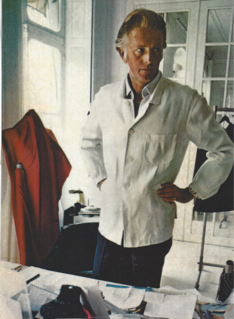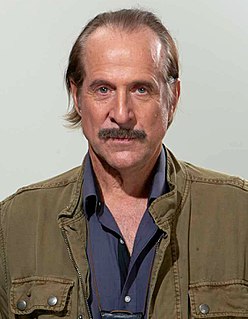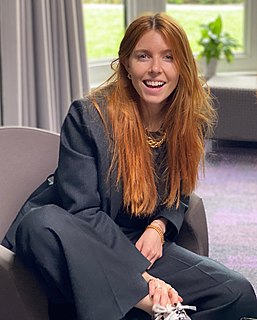A Quote by Joseph Stiglitz
One has to always ask the question: Where can one be most effective in helping shape policies? It is always difficult when you're inside because you're very constrained.
Related Quotes
The question I'm always asking myself is: are we masters or victims? Do we make history, or does history make us? Do we shape the world, or are we just shaped by it? The question of do we have agency in our lives or whether we are just passive victims of events is, I think, a great question, and one that I have always tried to ask.
It is a great honor for me to be compared to Henri Cartier-BressonBut I believe there is a very big difference in the way we put ourselves inside the stories we photograph. He always strove for the decisive moment as being the most important. I always work for a group of pictures, to tell a story. If you ask which picture in a story I like most, it is impossible for me to tell you this. I don't work for an individual picture. If I must select one individual picture for a client, it is very difficult for me.
Why?' is always the most difficult question to answer. You know where you are when someone asks you 'What's the time?' or 'When was the battle of 1066?' or 'How do these seatbelts work that go tight when you slam the brakes on, Daddy?' The answers are easy and are, respectively, 'Seven-thirty in the evening,' 'Ten-fifteen in the morning,' and 'Don't ask stupid questions.
I'm always in this shape, that shape, whatever shape you like the most. I am always in various stages of shapes. If the woman needs to be more soft I'll gain weight and then I'll lose weight for another film that I did where I wanted her to be more wiry. I enjoy using my body as something that helps me get to a character.
The language of the heart--the language which "comes from the heart" and "goes to the heart"--is always simple, always graceful, and always full of power, but no art of rhetoric can teach it. It is at once the easiest and most difficult language--difficult, since it needs a heart to speak it; easy, because its periods though rounded and full of harmony, are still unstudied.
I don't feel bound by the ebbs and flows of musical trends, or what's happening with new music in general. I always had a fascination with that sound. It's a mixture of the idea that something could be going wrong along with the idea of bending constrained, Westernized music out of tune. But because I wasn't copying an idea, and it just came from somewhere inside me, it felt like a birth of something that most people didn't understand at the time.





































